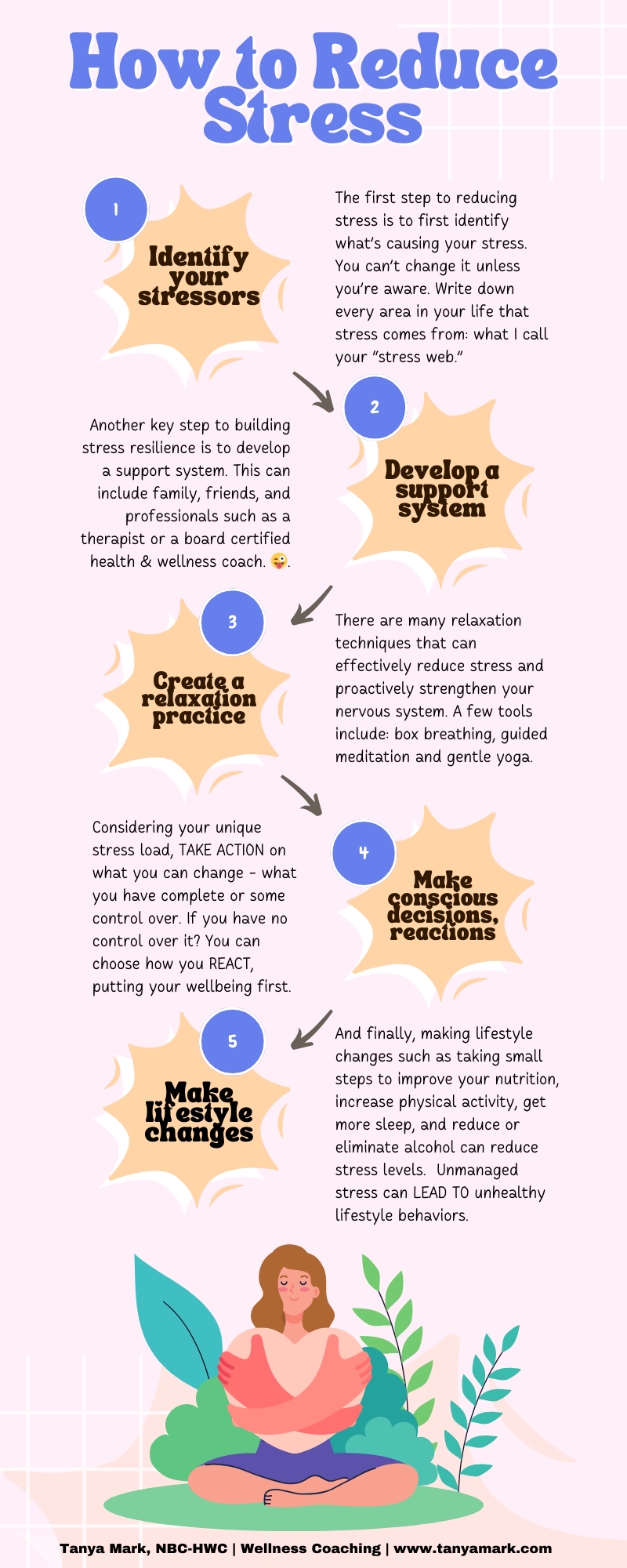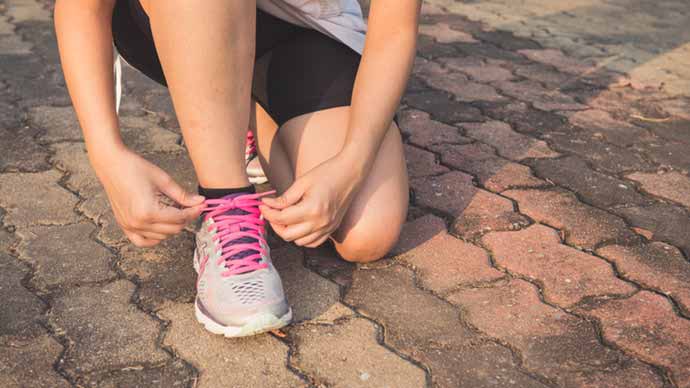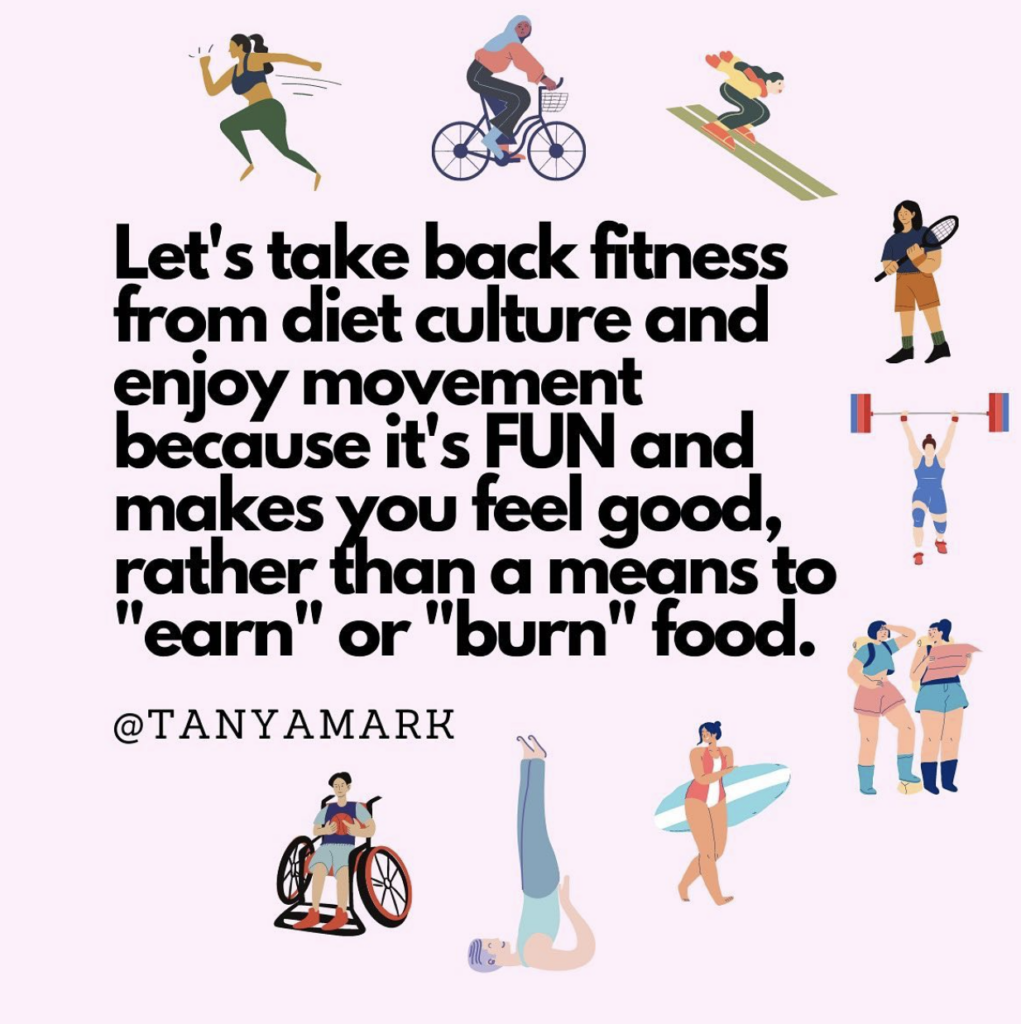One of the biggest threats to your health and well-being is unmanaged stress. The great news is that you can learn five steps to reduce your stress load and become more resilient to whatever life throws your way.
Building a stress resilience practice provides you with a secure grounded foundation making you more likely to succeed in changing OTHER THREATS TO YOUR HEALTH AND WELL-BEING.
“Stress is the most common factor that drives people to breathe, drink, and eat in unhealthy ways. We prefer to think of this factor as distress. Times of anxiety, depression, anger, and boredom stress our abilities to cope. These times are like fevers: They signal that something is wrong with our emotional, mental and physical well-being.”
– Janice and James Prochaska, Changing To Thrive
When you don’t have stress resilience skills, you may cope with life stressors in ways that make you feel better in the short term but don’t support your long-term health. You may find yourself spending too much time on the couch, reaching for food for comfort and wine to unwind, sleeping poorly and then waking up exhausted and doing it all over again.
If you identify with any of those behaviors, I’m going to pause for a moment to make sure you’re not berating yourself.
All human behaviors are trying to solve a problem – to feel better. But when those behaviors are your main or only coping strategies, it’s critical that you learn and practice supportive ones.
Even if your stress levels are low right now, I recommend you proactively develop a practice to provide you with a solid base FOR WHEN LIFE INEVITABLY BECOMES CHALLENGING.
Five steps to reduce stress

So how much time is supportive in reducing your daily stress load?
Reduce stress as a daily practice
The criteria for healthy stress management is intentionally spending 20 MINUTES DAILY to let stress leave your body and mind.
And no, you don’t have to sit for 20 minutes to meditate unless that’s your preference. Taking mini breaks throughout your day to breathe, connect, and move your body is effective.
So often we live our lives like it’s an emergency. We don’t stop to pause and think about the importance of having a strong stress reduction routine. Or maybe we’ve never considered how our lack of stress management tools has led to unwanted lifestyle behaviors.
Shift your mindset about stress resilience
I encourage you to think of stress resilience like your bank account.

Are you only making withdrawals from your account?
You feel wired, tired and burnout.
Or maybe you are making some deposits, but they’re inconsistent or merely equal to your withdrawals. Thus you’re just breaking even.
You’re merely surviving.
A healthy bank account requires more deposits than withdrawals. It requires a positive balance.
The same goes for building a healthy stress resilience account.
To THRIVE, you need more deposits than withdrawals.
And by exploring the five steps to reduce stress, you can build a your stress resilience practice and a robust balance!
If you don’t have a net positive stress resilience practice, it’s time to build one.
It’s FOUNDATIONAL to your health and well-being.
Yet it’s often the critical factor missing from your self-care routine. ♡ Tanya
P.S. Like what you’re reading? Join my newsletter, Reclaiming Wellness, where I share bite-sized pieces of wellness wisdom to help you live happier and healthier. You can expect non-diet nutrition, physical activity, sleep, stress and body image tips as well as recipes and other insights to ignite your growth and personal development.








